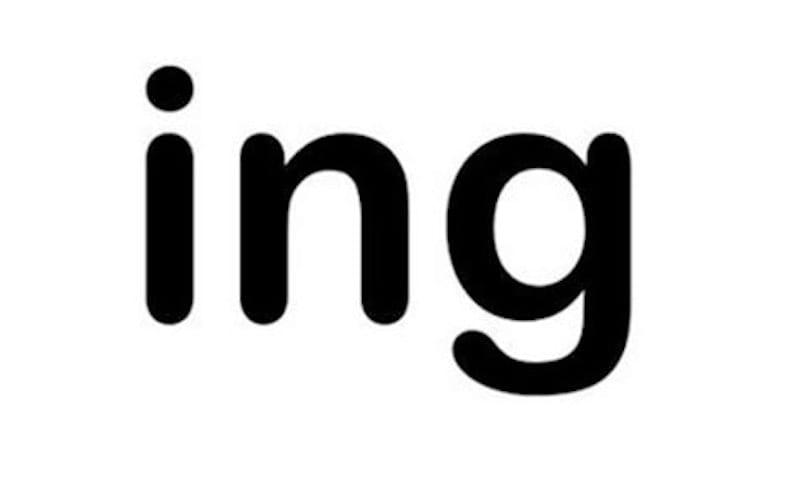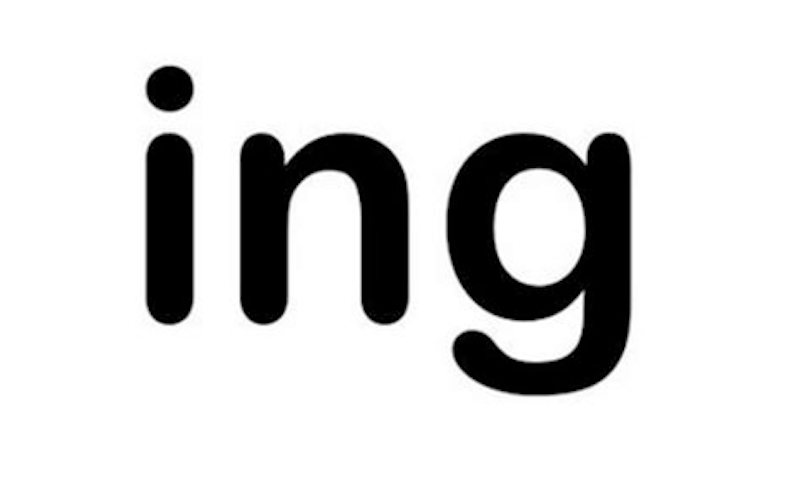Let's End the Brief Era of Scare -ing
Thoughtless injection of hype and emotionalism is a new and lazy writing style

Today, you’ll probably encounter words like “disturbing,” “troubling,” “unsettling,” or “terrifying” multiple times as you traverse your various media sources. These are the new, lazy hype words, terms that are losing their effectiveness and creating brainless dead-ends. They are also words that, if eliminated in most cases, would actually make the surrounding points stronger, or force the speaker or writer to pursue a complete thought.
As someone who can shift into “editor” mode on demand and also unexpectedly, I find myself losing patience with such emotionalisms littering current journalistic and social media styles. The styles undercut their purpose, as well — “a worrying trend” worries me a lot less than “a trend,” as my ears have learned to dismiss these vacuous appeals to emotionalism, making it harder for the hypester’s point to penetrate. People using this rhetorical trope lose credibility.

These are more than just the little affectations many of us indulge in — the “like”s and “um”s and “interestingly”s of conversation. These are purposeful attempts to wrest attention, and the attempts are mostly obvious and tawdry. New numbers aren’t just higher or lower — they are “frightening.” In one case this past week, new numbers of Covid cases in one area were lower, but were described as “worrying” by the newsreader, who could have instead noted that they were effectively steady or slightly lower. Emotionalism can crowd out sober descriptions of such trends.
Most of the words impressed into service in the “-ing Corps” are fear-based — worry, concern, terrify, fright — since the goal is to prey on our fears. The overall impression I get from these attempts is that they’re turning into a sort of farce, as the words wear out their welcome and their practitioners begin to look thoughtless and robotic in their utilization of the style.
There are also better terms to use that end in -ing — terms that convey meaning instead of freighting false emotionalism. In this instance, words like “unsatisfying” and “annoying” come to mind.
May the era of fear-based and emotional “-ing” hype end soon.